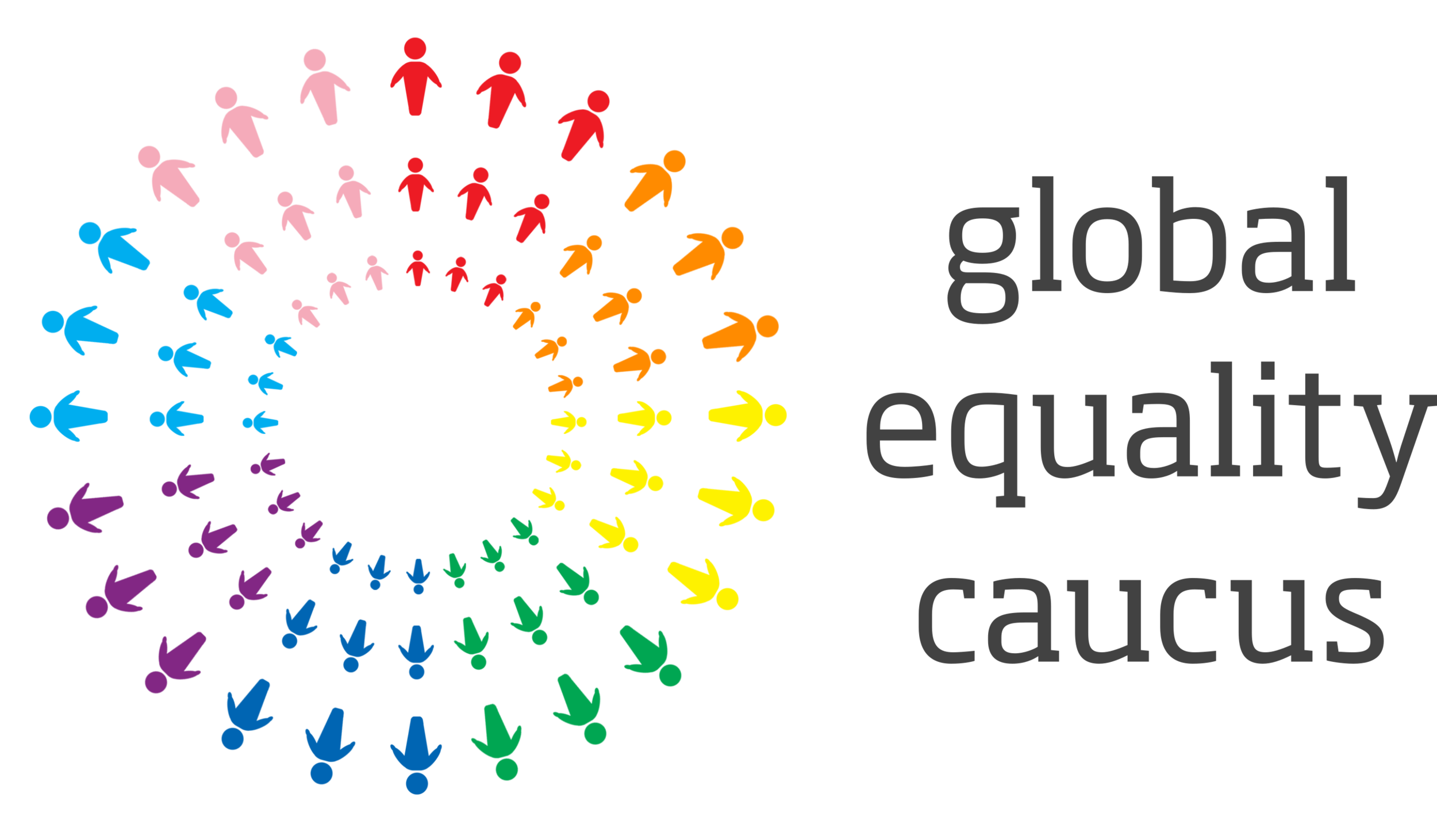Life as a Legislator: Uffe Elbæk, Denmark
Born: 1954 in Ry, Central Denmark
Member of the Danish Parliament Since: 2011
Political Party:
The Alternative (2022)
Frie Grønne (2020-2022)
The Alternative (2013-2020)
Radikale Venstre (2001-2013)
Other occupations:
Party Leader of The Alternative (2013-2020)
Minister of Culture of Denmark (2011-2012)
CEO 2009 World OutGames Copenhagen (2008-2009)
City Councilor of Aarhus (2001-2007)
Founder of The KaosPilot (1991-2006)
CEO of The Frontrunners (1982-1990)
This interview was conducted before the Danish Prime Minister called the November 2022 Danish general election.
What are the core values of your party and how do they reflect your personal values?
The Alternative simply supports a diverse society and part of that is the inclusion of the LGBT+ community, basically creating a better life for everybody in society. LGBT+ issues are in the backbone of our political party and has been the policy of the party from day 1. When The Alternative was established in 2013, the leadership team was composed entirely of community members, two gay man and a lesbian woman.
Personally, as an out gay man, it is part of my own DNA. I have been involved in LGBT+ issues from the first day I entered office as a politician and from before I became a politician, in my position as the CEO of the World OutGames which took place in Copenhagen in 2009.
How have LGBT+ rights in Denmark progressed in the time between the 2009 World OutGames and Copenhagen 2021 WorldPride & EuroGames?
The World OutGames 2009 surely changed the public attitude towards LGBT+ issues. Before 2009 we did not even use the term LGBT, it was quite unique back then. Before the event we spoke mainly about gay men, a lot less about lesbian women and looking at trans issues we can conclude they were basically invisible, let alone other issues of our diverse community. Just introducing a term like LGBT was already a big step, creating awareness of a broader community and inspiring different policymakers to take more serious steps towards a more progressive attitude - which did not come as naturally as you would have expected.
How did the Danish government react to an event like World OutGames taking place in Copenhagen?
Where during Copenhagen 2021 ministers and senior level officials from different countries and international organisations were lining up to speak and be visible, back in 2009, out of the five ministers we invited from the Danish government, all 5 declined including the Prime Minister and the Minister of Culture.
In 2021 the Crown Princess of Denmark agreed to be the patron of the event, which is a completely different level of engagement from the Danish state and unique in the world. LGBTI+ issues are now completely embedded in politics and daily life, but this doesn’t mean we do not still have a long road in front of us.
Earlier you said The Alternative’s leadership team consisted entirely of out politicians. How has LGBT+ representation evolved in the Danish parliament since then?
In the first decade of this millennium, it was rather unique to encounter out community members in politics in Denmark, but that normalised swiftly in the years after that. There are out community members in senior level cabinet positions and even in our more conservative political party, the party leader is an out gay man not shielding his ex-partner from the public.
“I became a politician because I wanted to work for a higher purpose, but at the end of the day I also want to be able to look my grandchildren in the eyes when they ask me what I actually did to make their world a better place.”
What challenges remain for the LGBT+ community in Denmark?
The situation in Denmark is not a lot different than in many other western countries. Realities for community members in the main cities are very different from those in the countryside, but hate crimes persist across the country. There has been progress for mainstream gay and lesbian people, but there is still a lot more work to do to also bring other parts of the community to the same level. On a political level, legislation still needs to advance, and we lack representation in our national parliament.
How can the Global Equality Caucus help?
GEC helps us focus on issues across party lines and across borders. It gives opportunities to effectively share information and knowledge, but also empower each other by sharing best practices and the status of legislative processes, and we can put coordinated pressure on international organisations, countries, and companies.
What are your plans for the future?
I am not standing for re-election. The main reason is purely personal, there is an inner desire to have a life that is more flexible giving me the opportunity to, for instance, write and share my knowledge as a non-elected official.
I am also at an age in which I must face the fact that I am not immortal and that is simply a reality. I have a husband at home, I have grandchildren and although being elected is a privilege, it also has consequences for my private life and for those close to me, as you are expected to be accountable to those that elected you. That accountability does not end when you are in a restaurant in a private capacity.
Nevertheless, I think being an elected politician must feel like being on a really good drug. To me it is a position that makes me feel alive and gives a lot of energy and also access to very interesting spaces. Everything nevertheless must end one day.
I became a politician because I wanted to work for a higher purpose, for LGBT+ inclusion and the environment, but at the end of the day I also want to be able to look my grandchildren in the eyes when they ask me what I actually did to make their world a better place.


